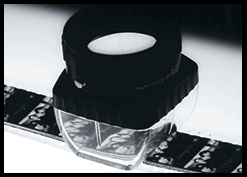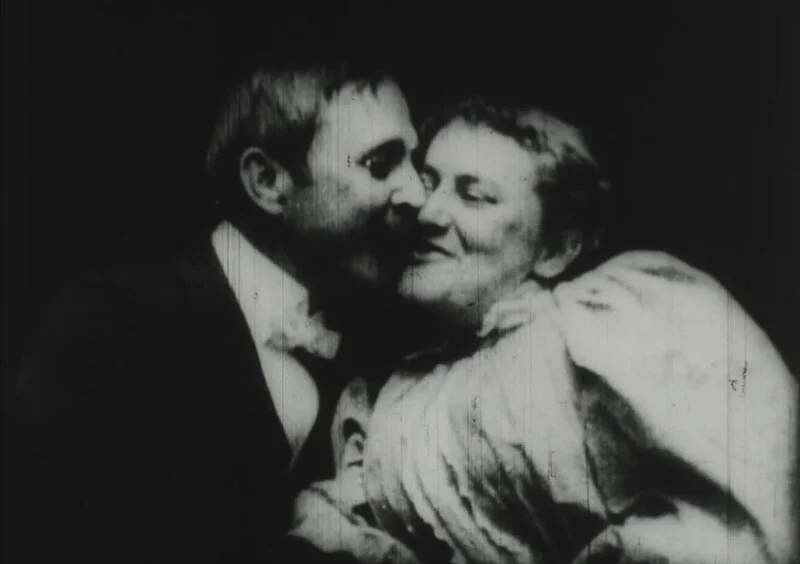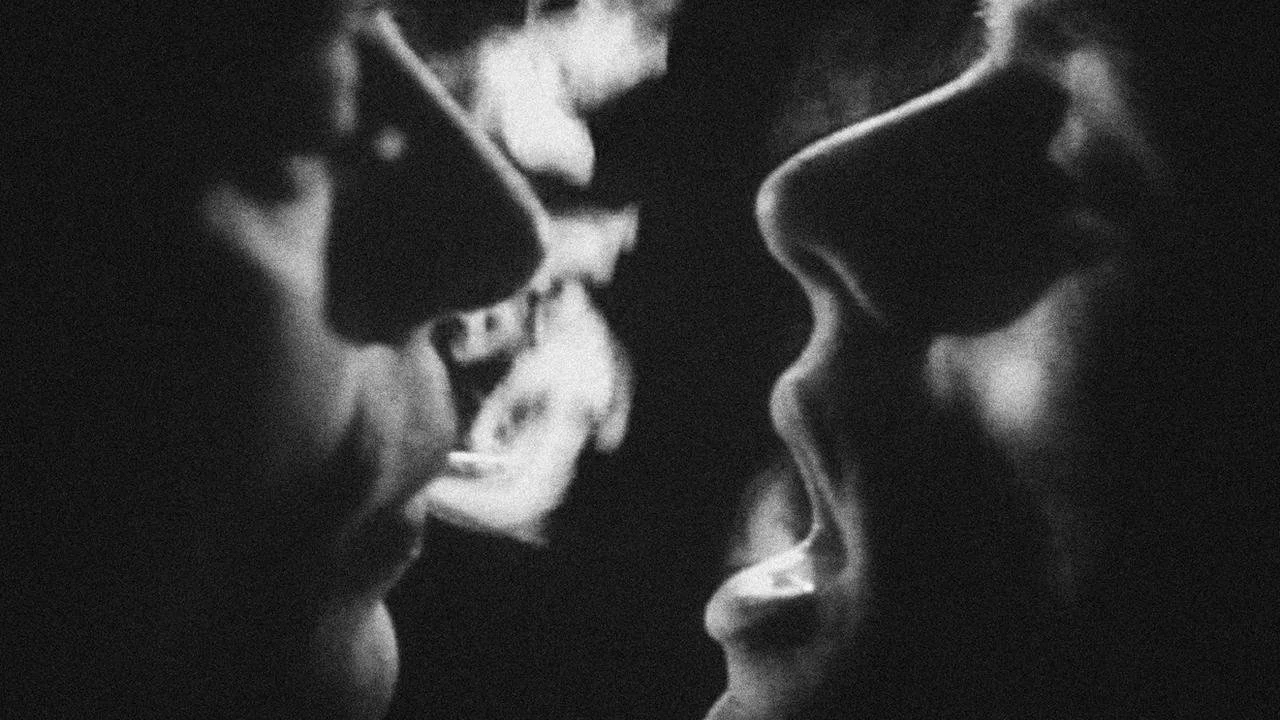Naughty Films at the Library: Avant-Garde Works in the NYPL's Reserve Film and Video Collection
/A still from Fuses (1967) by Carolee Schneemann. © 2024 Carolee Schneemann Foundation / Artists Rights Society (ARS), New York. Courtesy Hales Gallery and P•P•O•W, New York.
Thursday, September 19th, at 5:30pm at the Bruno Walter Auditorium in the New York Public Library for the Performing Arts at Lincoln Center. Curator Jon Gartenberg, in collaboration with NYPL Film Collection Specialist Elena Rossi-Snook, will present a program of avant-garde films from the Library's Reserve Film and Video Collection that deals with sex and censorship. After the screening, Gartenberg and Rossi-Snook will discuss the history and interpretation of these rarely-screened works. This event is free to attend and can be RSVPed here.
A still from the Edison Company's 1896 film The Kiss. Source: Wikimedia Commons.
As a program note for this exhibition, GME President Jon Gartenberg writes:
“In recognition of Banned Book Week, I have collaborated with Elena Rossi-Snook to assemble an array of avant-garde movies that approach sexual engagement in candid fashion, and thus can be considered ‘naughty,’ as defined in terms of being sexually provocative. These filmmakers employ abstraction, superimposition, treatment of the film emulsion, found footage, pop music, and other techniques which place their works in the experimental filmmaking idiom. These movies challenged the boundaries of societal acceptance and concurrently invoked various forms of disapprobation and censorship.
The films in this program, which span from 1896 to 1974 (all projected in 16mm), highlight the mutability and subjectivity of censorship, and emphasize how specific social and political milieux determine if a work of art is ‘acceptable’ or ‘objectionable.’ For example, the Edison Company’s commercial film The Kiss (1896) may have marked the first time that two people kissing were captured on film, and was considered ‘a threat to morality.’
Frames from Stan Brakhage's Window Water Baby Moving (1959). Source: IMDb.
The documentation of childbirth, albeit in abstract fashion, as seen in Stan Brakhage's Window Water Baby Moving (1959) was controversial enough that Kodak initially seized his film. Carolee Schneemann, a peer of Brakhage's, confronted censorship laws in several international cities where her 1967 film Fuses (which was a feminist response to Brakhage's 1959 film Cat's Cradle) was shown.
Jean Genet’s only film, a gay love story titled Un chant d’amour (1950), vividly depicts erotic desire between two prison inmates separated by a wall between their cells. In the United States, the film was distributed by the New York Film-Makers’ Cooperative beginning in 1964; Jonas Mekas was arrested for showing the film publicly. Later, in 1966, distributor Saul Landau challenged the threat of confiscation of the film by the police in Berkeley, California. The legal case he pursued went all the way to the Supreme Court, which in a 5-4 decision declared that the film was ‘obscene.’ Various lower courts considered Genet’s film to ‘explicitly and vividly reveal acts of masturbation, oral copulation, the infamous crime against nature, voyeurism, nudity, sadism, masochism and sex’ and as ‘cheap pornography calculated to promote homosexuality, perversion and morbid sex practices.’
A still from Jean Genet's Un Chant d'amour (1950). Source: Slant Magazine.
Other films in this program deal with issues of sex and censorship indirectly. While her film was never confiscated or put on trial, Barbara Hammer’s Dyketactics (1974), which is considered one of the first films to depict lesbian sex, finds Hammer fearlessly defying self-censorship and lesbian erasure imposed by a heteronormative society.
In Marilyn Times Five (1973), Bruce Conner recycles footage from an erotic girlie film ostensibly featuring Marilyn Monroe (though actually she was another actress). In my view, Conner’s film can be seen as referencing the attempted censorship of footage of Monroe giving Tony Curtis' character a kissing lesson in the feature narrative film Some Like It Hot (1959).
A still from Kenneth Anger's Kustom Kar Kommandos (1965). Source: IMDb.
In terms of censorship, Kenneth Anger's Kustom Kar Kommandos (1965) is best viewed in the context of Anger's earlier film Scorpio Rising (1963), which depicted leather-clad motorcycle riders and Nazi iconography. When Scorpio Rising screened in New York City in 1963, the film was subject to a lawsuit by the American Nazi Party as well as the Lutheran Church. In 1964, theater manager in Los Angeles went on trial for exhibiting a ‘lewd film.’ The arresting officers said that the film dealt with homosexuality, and as a defense, the defendant told officers that ‘the picture was produced by Kenneth Anger, who recently was awarded a $10,000 grant by the Ford Foundation for the production of a documentary film on automobiles.’ Kustom Kar Kommandos continues in the vein of erotic fetishization of vehicles, and explains the subversive shot of the make of the car (‘Ford’) at the end of the film.”
Content advisory: some of these films contain nudity and depictions of sexual activity. This program is recommended for adults 18+ only. This program is free and open to all, but registration is requested. Click here to RSVP to Naughty Films and the Library: Avant-Garde Works in the Reserve Film and Video Collection.






